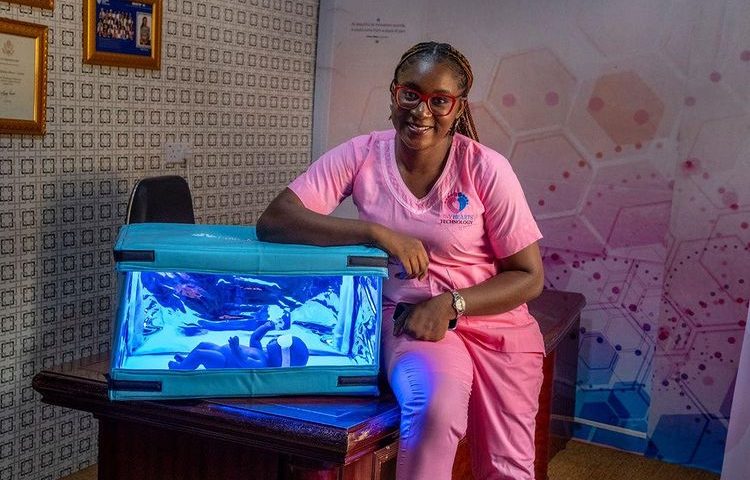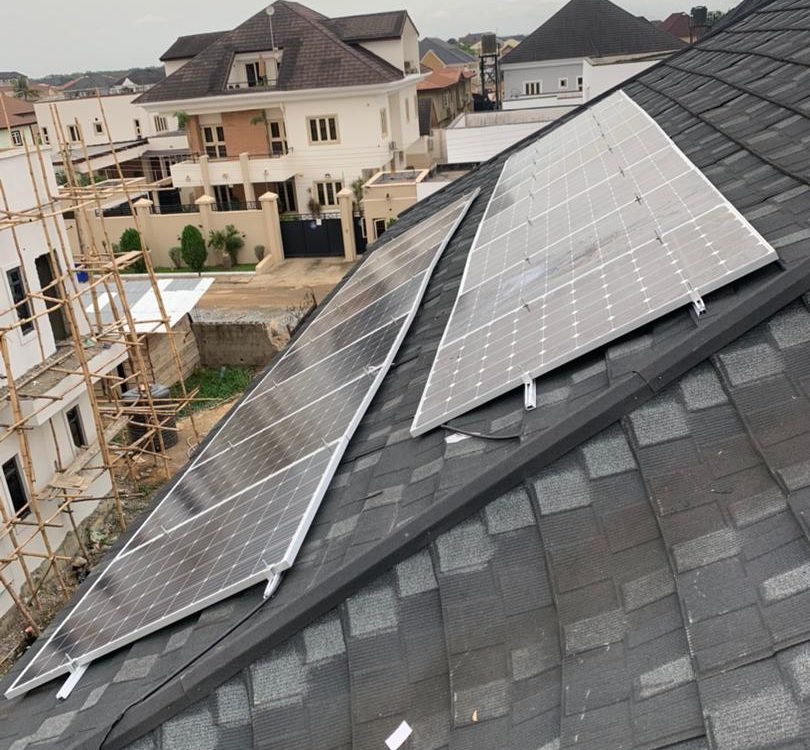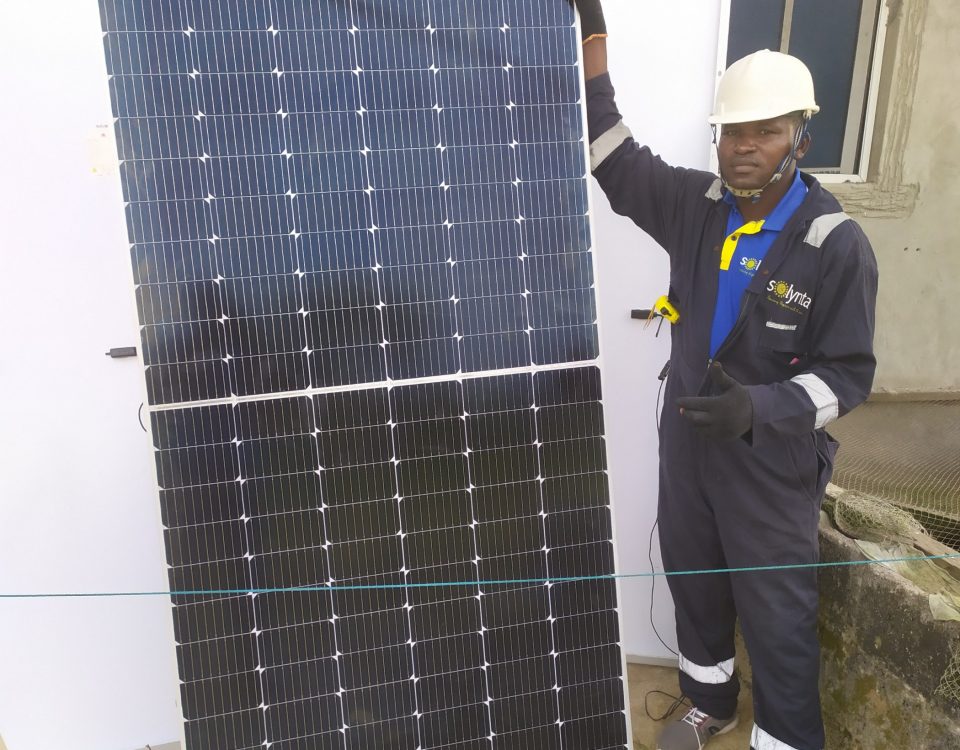Nigerian Mom Designs Innovative Solar-Powered Crib To Treat Baby Jaundice

Nigeria, others spend $20bn yearly on generators- Wood Mackenzie
2022-04-05
How can I get more energy from my solar power system during rainy season?
2022-05-21Graphic designer Virtue Oboro experienced every mother’s worst nightmare. The Nigerian mom had a traumatic experience when her son, Tombra, was diagnosed with jaundice disease—a common condition affecting more than 60% of newborns worldwide. Only 48 hours old, Tombra was rushed to the hospital for emergency treatment after suffering from a build-up of bilirubin, which causes yellow skin and irreversible health problems including hearing loss, vision impairment, brain damage, and cerebral palsy. In rare cases, it can also lead to death.
Thank you for reading this post, don't forget to subscribe!Many cases are mild and can resolve on their own, while more serious cases require phototherapy, where babies are placed under a blue-light. Blue-light phototherapy is a fairly simple treatment and widespread in many developing countries. In some places, however, access to the necessary equipment isn’t always possible. Tombra’s case was quite severe, but Oboro’s hospital had no phototherapy devices available. The family waited four hours while his condition worsened. Eventually, he was given a risky emergency blood transfusion that bought valuable time until a phototherapy unit became available.
Despite several obstacles, her son made a full recovery. However, after that experience in 2015, Oboro was a changed woman. The experience was traumatizing for her, but has inspired her to pivot in her professional career. “I felt like some of the things I experienced could have been avoided,” she says. “I thought, is there something I could do to make the pain less for the babies and the mothers?”
Now, the visual designer is putting an end to the infant disease in an effort to help prevent the terrifying situation from happening to other mothers. Her new tech startup, Tiny Hearts, is making solar-powered cribs called crib’A’glow. The low-cost, portable, deployable phototherapy unit is powered by the Sun. The unit’s light rays focus on the baby’s body to ensure the maximum efficiency while the LED lights prevent skin burns, dehydration, and rashes, which can be a few common side effects of such devices. The affordable cure costs one-sixth the price of a traditional phototherapy crib and is manufactured in her homeland of Nigeria.
The award-winning design came with some struggles in medical technicalities. However, Oboro worked with a pediatrician to ensure the device was safe and in line with current phototherapy standards. Her husband was also on hand to help as he had some experience working with solar panels before. The crib’A’glow innovation has received award grants including $50,000 from Johnson & Johnson’s Africa Innovation Award—and most recently, the device was selected as a finalist for the Royal Academy of Engineering’s Africa Prize 2022.
It has been reported that in low and middle income countries, infants are 27 times more likely to suffer from brain damage caused by jaundice, and 119 times more likely to die compared to high income nations. Now, crib’A’glow can be found in 500 hospitals across Nigeria and its neighboring Ghana. Already, the baby crib has been used on 300,000 babies and Oboro says a further 200,000 babies have been helped through collaborations with rural healthcare workers and education programs, teaching mothers about jaundice symptoms—most commonly the yellowing of the skin, whites of the eyes and mouth. The company is looking to expand its efforts into other countries in sub-Saharan Africa
The crib can also be used at home by parents living in remote areas with limited or inconsistent access to electricity. Because it’s portable and solar powered, demand for the baby cribs soared during the COVID-19 pandemic. Many parents wanted to avoid hospitals and look after their newborns at home. Oboro says she feels “lucky and grateful” that Tombra survived. Now it’s her mission to fight jaundice in newborns and “save a hundred and one more babies.”
Source: mymodernmet.com




